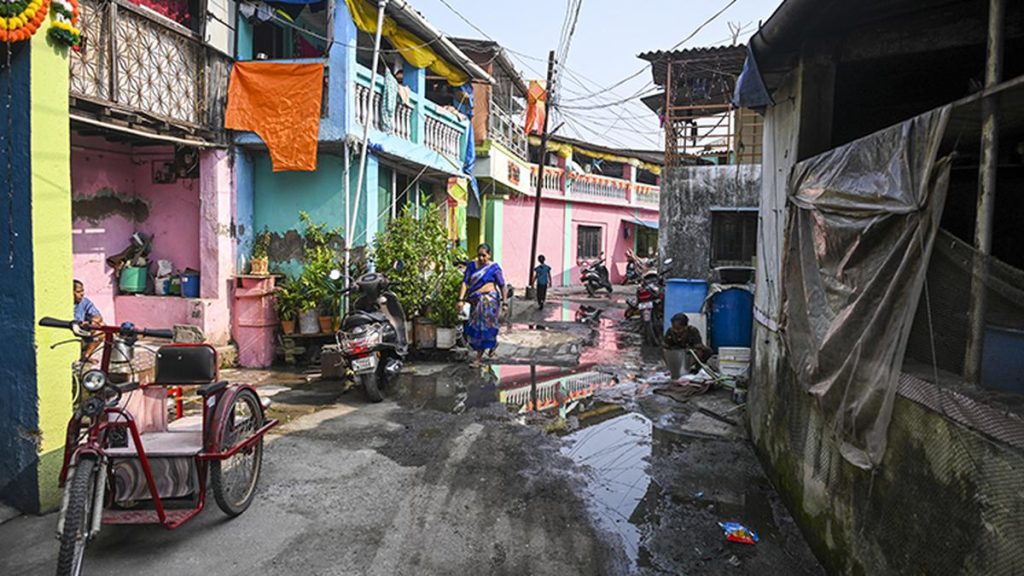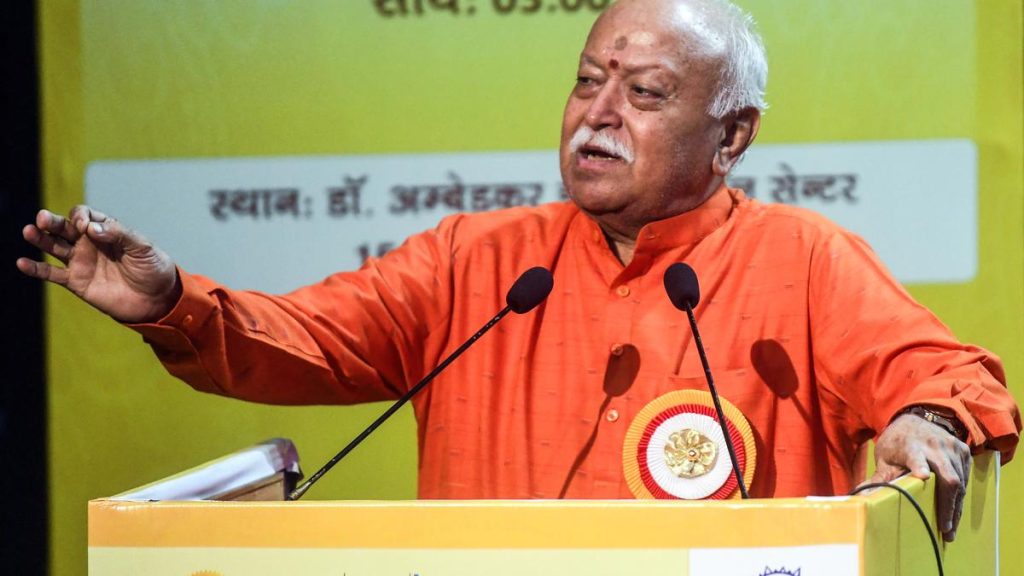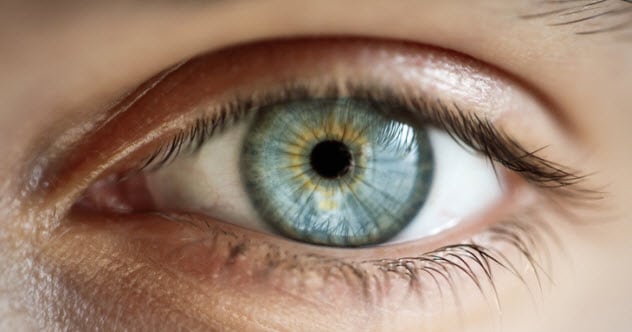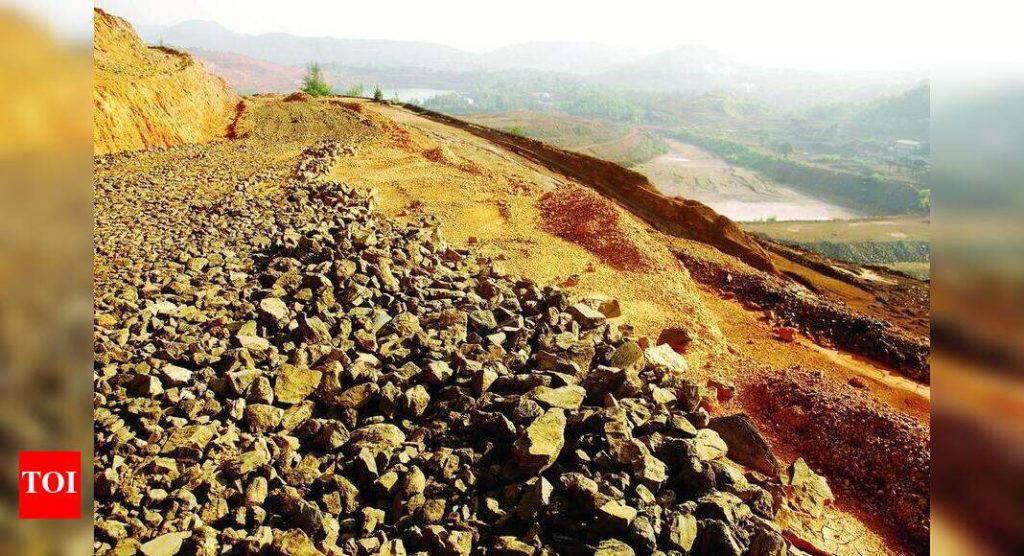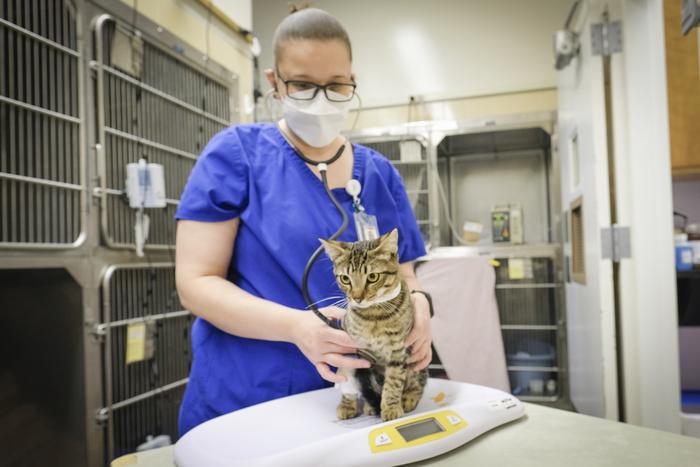Now Reading: Innovative Wearable Alerts You to Stay Hydrated
-
01
Innovative Wearable Alerts You to Stay Hydrated
Innovative Wearable Alerts You to Stay Hydrated

Quick Summary
- Researchers at the University of Texas at Austin have developed a wearable,non-invasive device to monitor hydration levels in real time using bioimpedance technology.
- The small, wireless device measures electrical conductivity in arm tissues to assess water content and transmits data to a smartphone for tracking.
- The effectiveness of the device was confirmed through dehydration studies that compared its readings with traditional urine tests, showing strong alignment with whole-body hydration measurements.
- Researchers aim for broader applications and are exploring variations such as e-tattoos to make hydration monitoring more accessible and pleasant for users during daily activities.
Read More: Discover Magazine
Indian Opinion Analysis
this innovative wearable hydration-monitoring device has potential implications as India grapples with prolonged heatwaves and rising incidences of dehydration-related illnesses during extreme summers. With manual tracking methods impractical for many, such accessible technologies could serve as personal health aids across urban centers where smartphone penetration is high or rural areas dealing with limited water supply where timely awareness could prevent fatalities.
For India’s growing tech healthcare industry, this signals an exciting new avenue-the integration of bioimpedance sensors into affordable health-management tools that support everyday well-being without requiring invasive testing practices like blood or urine analysis. However, accomplished on-the-ground implementation will depend on factors like pricing affordability, ease of access in rural markets, user education regarding proper usage habits, and compatibility across various smartphone ecosystems.
As urbanization grows alongside climate challenges in India, wearables simplifying preventive care hold promise both individually for citizens’ physical performance levels but equally expand the innovation horizon critical supporting scalable tech-based assistive devices safety coping scenarios public infrastructure strained extremes temperatures potentially ahead future decades
Read more: PNAS


